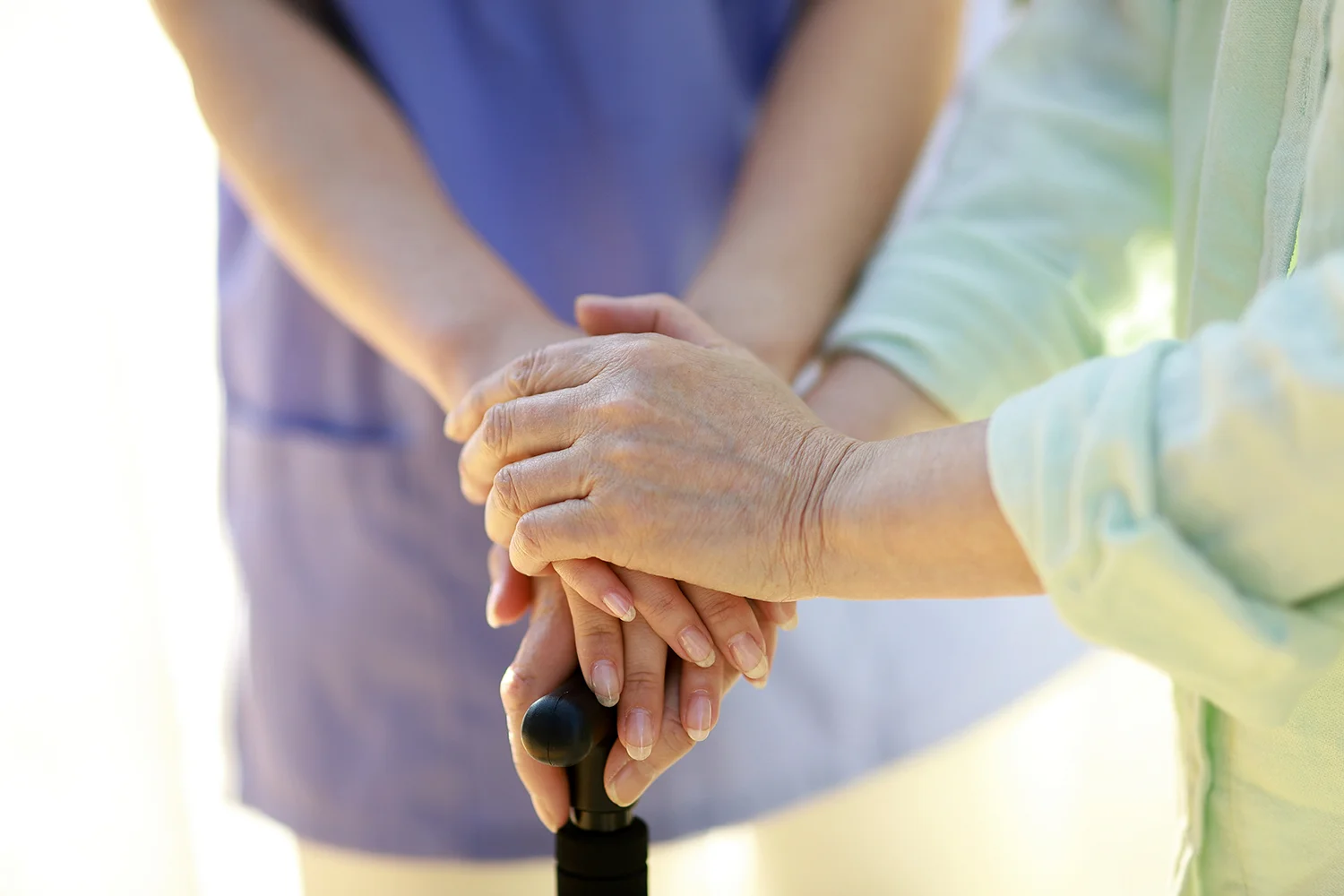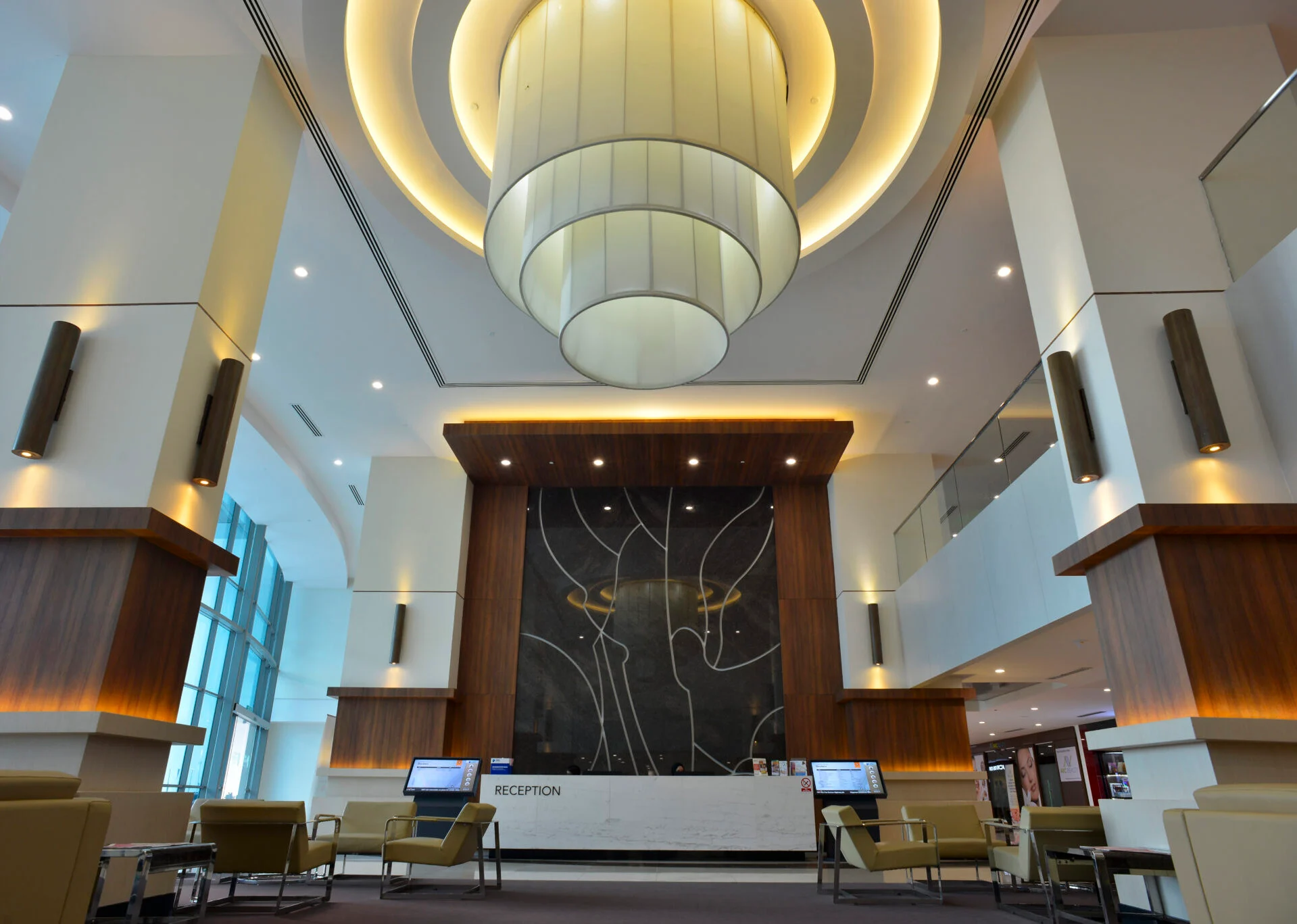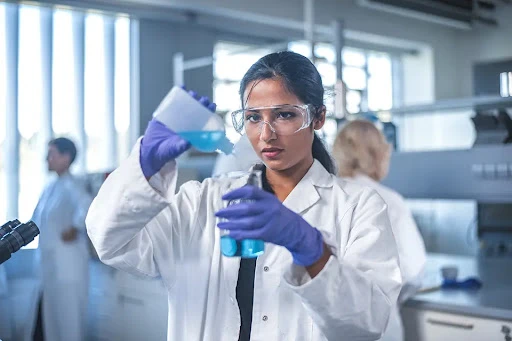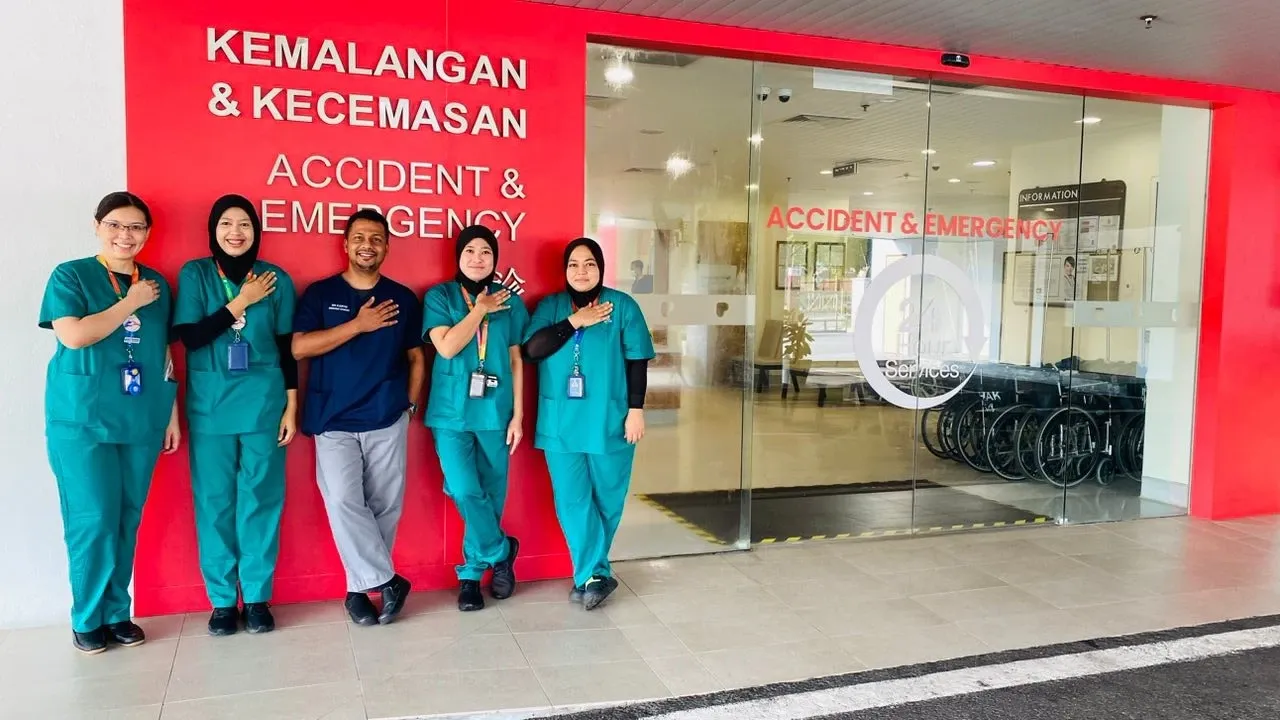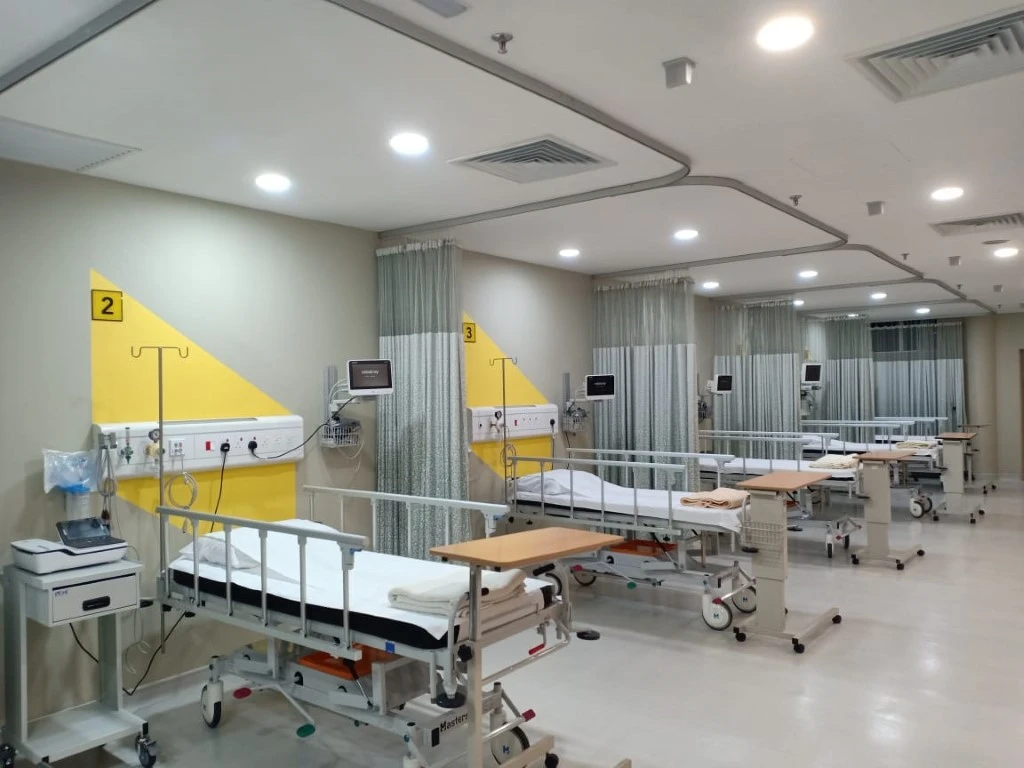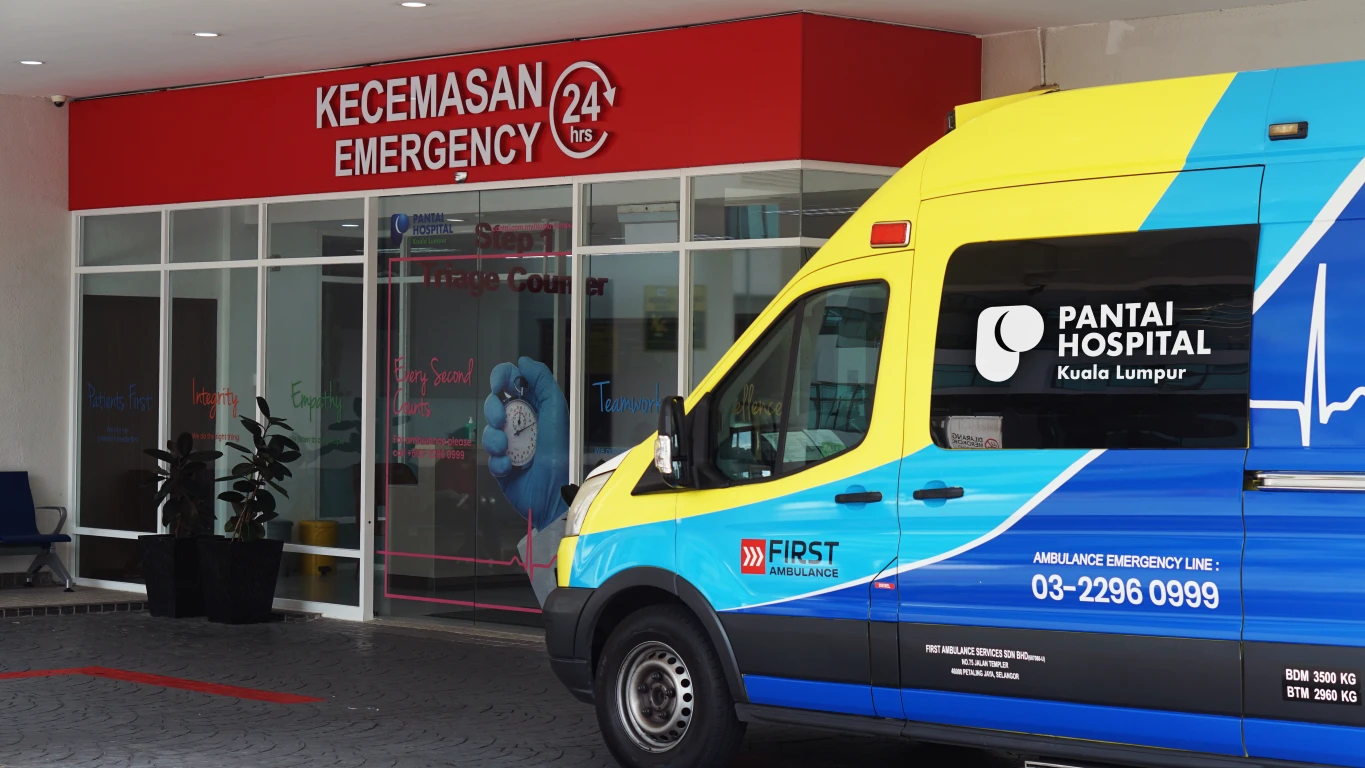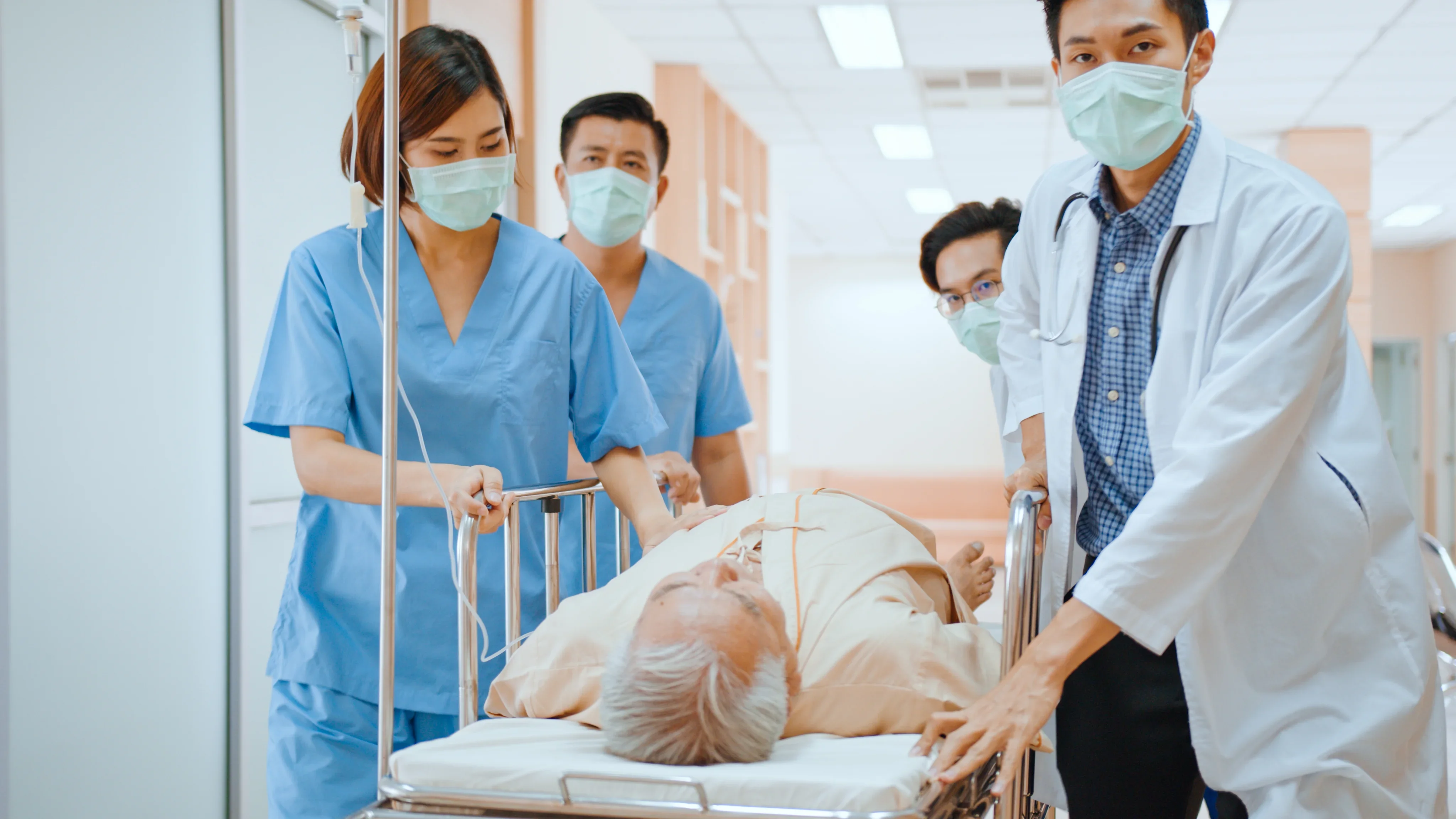
Accident & Emergency
The Accident and Emergency (A&E) department assesses and treats people with various emergencies, providing immediate care for individuals of all age groups.
The A&E services at Gleneagles Hospitals, Island Hospital, Pantai Hospitals, Prince Court Medical Centre and Timberland Medical Centre are available 24/7, ensuring that expert medical care is always accessible.
In emergency situations, it is crucial to call an ambulance or head directly to the nearest A&E department for immediate medical attention, as every second counts.
